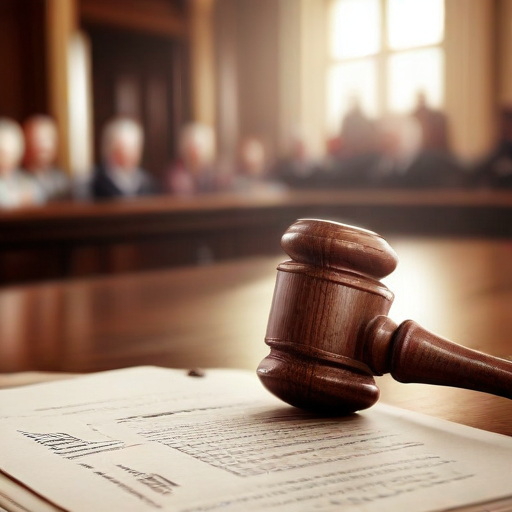Matt Gaetz, a former U.S. Congressman and President-elect Donald Trump’s nominee for Attorney General, is facing mounting scrutiny over longstanding allegations involving drug use and sexual relations with underage individuals, despite never being charged with any crimes. Lawmakers from both parties are urging the release of a report from a House Ethics Committee investigation that reportedly contains serious accusations against him. Gaetz and his representatives have consistently denied any wrongdoing.
As Attorney General, Gaetz would be responsible for overseeing the Justice Department, which handles federal prosecutions and civil lawsuits. Trump’s nomination of Gaetz has raised concerns given his controversial track record, which includes being an ardent supporter of Trump and a vocal proponent of conspiracy theories regarding the events surrounding the January 6 Capitol riot.
Key details about Matt Gaetz’s background indicate he has been a polarizing figure in Congress since he was first elected in 2016, representing a conservative Florida district. His libertarian stances, such as support for marijuana legalization, have stood alongside his contentious criticisms of federal involvement in political matters.
The current investigation into Gaetz was triggered by the arrest of a close associate, Joel Greenberg, on child sex trafficking charges. Greenberg’s cooperation with the Department of Justice has led to probes into whether Gaetz participated in similar misconduct. Although the Department of Justice concluded its investigation without bringing charges against Gaetz, the accusations persist, particularly highlighted by testimony from multiple women and evidence pointing to Gaetz’s behavior at certain parties.
Despite potential hurdles, Gaetz’s nomination process is set to unfold, with the Senate Judiciary Committee planning to review his qualifications and conduct confirmation hearings. Some Senate Republicans have expressed surprise at Trump’s choice, indicating possible opposition within the party.
As this situation develops, the headlines remain contentious. The public and legal advocates remain focused on the transparency of the Ethics Committee’s findings, pushing for the release of the report that could significantly influence Gaetz’s confirmation process. This situation highlights the balance between political appointments and ethical conduct, aiming for accountability in leadership roles that impact the justice system.
In summary, Gaetz’s nomination is placing him at the center of a significant ethical and legal debate, with ongoing calls for transparency regarding the allegations against him. The coming weeks will test not only Gaetz’s own political capital but will also reflect on the broader implications for accountability within the federal government. The hope is that this situation leads to a clearer understanding of ethical governance and sets a precedent for future political nominees.
